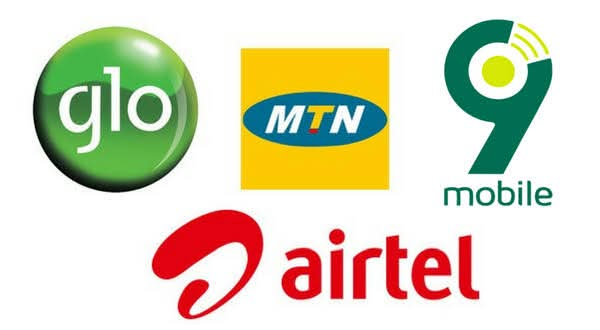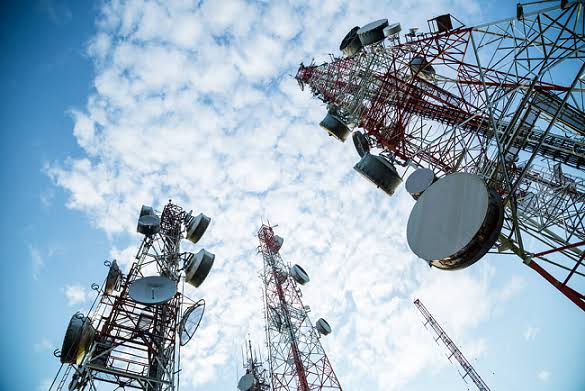The Nigerian government has been urged by telecom operators (Telcos) to contact them right away to correctly map and relocate the underwater cables installed along the Lagos axis of the projected Lagos-Calabar coastal road.
They are concerned that when work on the Lagos-Calabar costal road begins, the cables might be harmed, and internet access would be interrupted.
They claim that if several underwater cables, including the SAT-3, MainOne, Glo 1, WACS, and ACE, which originated in Europe and span thousands of kilometres with landing stations in Lagos, are not rerouted before construction on the proposed Lagos-Calabar coastal road begins, they will likely sustain damage.
Read also: Nigeria announces 90,000km terrestrial fibre optic cable project
The telecom companies issued a warning, stating that significant damage to the submarine cables and disruptions to nationwide internet connectivity would probably result from failure to transfer them appropriately before the start of road work.
ATCON Raises Concerns Over SAT-3 Submarine Cable Issues Following Eko Atlantic City Construction
At a recent meeting between members of the Association of Telecoms Companies of Nigeria (ATCON) and the Federal Ministry of Works, which was held in Lagos, and led by the Federal Controller of Works in Lagos State, Mrs. Olukorede Keisha, ATCON members drew the attention of the federal government to the current challenges there are facing with SAT3 submarine cable that was improperly relocated during the construction of Eko Atlantic City in Lagos.
According to them, SAT-3 was poorly relocated during the Eko Atlantic project. Until now, SAT-3 has been experiencing power failure, and its efficiency has been seriously compromised because of road workers’ unprofessional re-routing.
To prevent a complete disruption of the nation’s internet, ATCON members recommended that the federal government actively engage with telecom companies to relocate all seven underwater cables with landing sites around the coasts of Lagos.
Speaking at the meeting, Keisha stated that the purpose of the gathering was to continue discussing the proposed coastal highway between Lagos and Calabar.
The Federal Ministry of Works discovered that specific telecom infrastructures were hidden along those corridors and needed to be carefully relocated and aligned with the project master drawing, she said, which is why the meeting was called.
Necessary Preparations for the Lagos-Calabar Costal Road Construction
However, before the Lagos-Calabar coastal highway construction began, Dr. Eugene Itua of Natural Eco Capital highlighted the steps the federal government needed to take.
These included decommissioning all facilities along the route and professionally transferring them.
To prevent any harm during construction, he urged telecom operators to designate the locations of their facilities along the route. He also stated that best practices for sustainability will be used to ensure project execution goes off without a hitch. The locations of undersea cables have been taken into consideration by the Federal Ministry of Works.
According to Keisha, the government will collaborate with owners of underwater cables to locate their cables, essentially ensuring that utility corridors have 7.5 metres of ducting available for them.
“The association represents numerous telecom companies that are likely to be affected when the execution of the highway starts if proper relocation exercise is not carried out,” stated Mr. Ajibola Olude, Executive Secretary of ATCON.
As a result, ATCON requests that the association be maintained throughout the project, and it is prepared to collaborate closely with the Federal Ministry of Works to guarantee the careful relocation of all telecom facilities along the designated route.
Read also: Undersea cable disruption in East Africa affects internet connectivity
Concerned about how the proposed Lagos-Calabar coastal route will affect communications infrastructure, particularly undersea cables, Gbenga Adebayo, the chairman of the Association of Licenced Telecoms Operators of Nigeria (ALTON), stated that telecom companies had previously obtained government clearance for Right of Way (RoW) before directing the underwater cables along that axis once they arrived at the nation’s shores.
He said that to prevent infringing on the corridors of already-existing telecom facilities; the federal government should have adhered to the distance permitted for RoW for telecom infrastructure when planning out the Lagos-Calabar coastal highway.
















